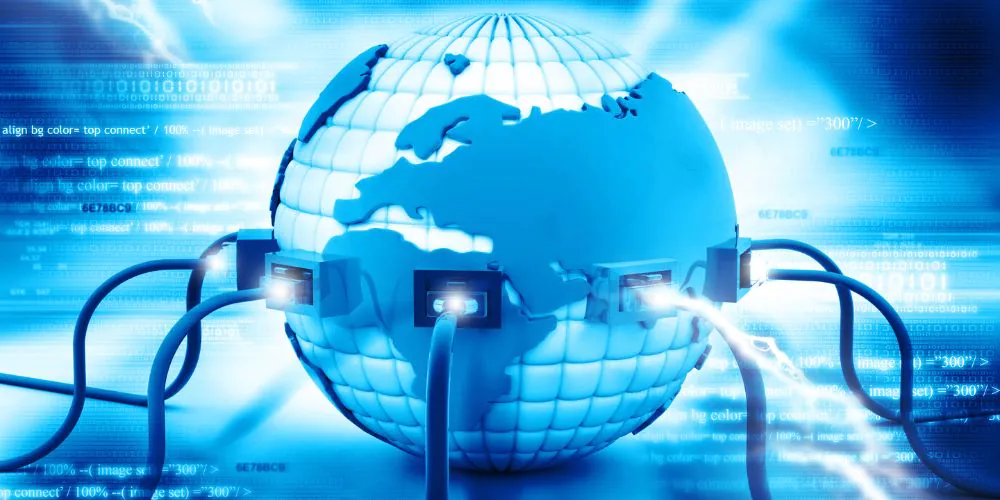
8. Better healthcare
It is indisputable that internet connectivity has altered the medical experience, even though you shouldn’t rely on online medical advice when you are experiencing any symptoms.
Additionally, it has altered the patient-doctor relationship.
There is a chance of accessing false information, but there is also a growing understanding that the internet can provide helpful advice on preventing diseases and enhancing quality of life.
All of this is made possible by the connectedness that the internet, smartphones, and wearable technology provide.
9. Cost-effective marketing
The way individuals engage changes, and so do marketing strategies.
You’ll quickly see that digital marketing strategies are out-of-date and ineffective if you use them in the modern environment.
This is due to the fact that consumers’ purchasing habits have also altered.
See Also- Digital marketing for HR professionals
Most people use the internet to compare products and shop for pricing, even when they are purchasing something from a physical store.
In actuality, the desire for businesses to engage their prospects with context-aware material that offers them meaningful, customized experiences is what has led to the success of proximity marketing.
10. More employment possibilities
With internet of things access, employees are no longer required to work eight hours a day in a confined space in order to be productive.
Of course, your workplace will always be crucial, but the majority of tasks can be accomplished online.
Being physically present is no longer necessary thanks to the proliferation of web-based technologies and cloud services.
Today’s ecology of constant communication forces employers and governments to adapt their viewpoints in order to remain adaptable.
Additionally, the internet changes our lives by reducing inefficiency and help raise the standard of living.


